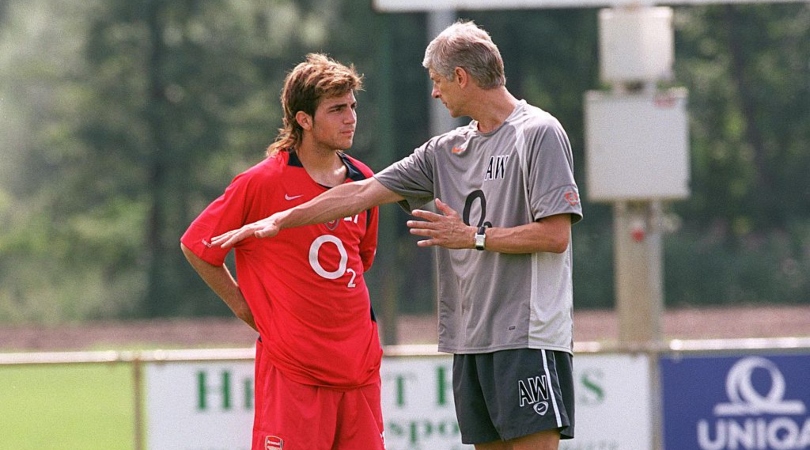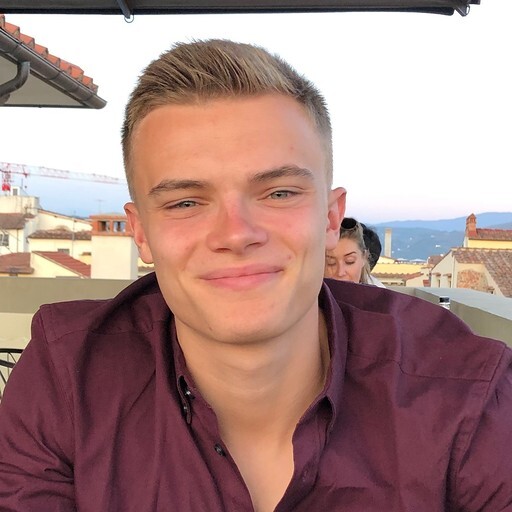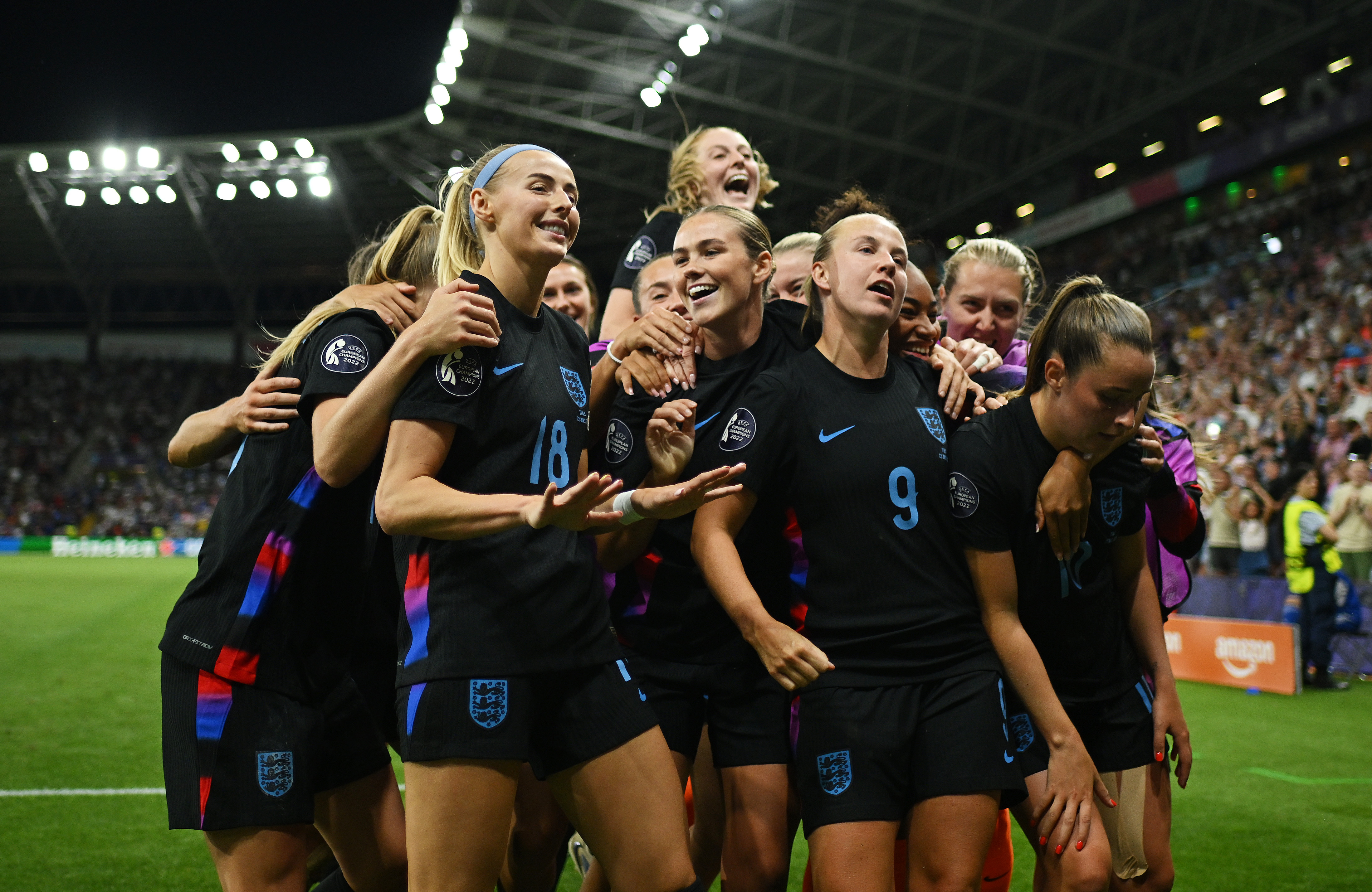Cesc Fabregas says the way Arsene Wenger treated him was ‘not normal’
Wenger handed the Spaniard his Arsenal debut at just 16-years-old and developed him into an excellent player and person, something Cesc recognises as hugely important

Cesc Fabregas gambled on his career at 16-years-old, moving from Barcelona's fabled La Masia to the Arsenal academy as he sensed better opportunities in North London than in Catalonia.
That gamble quickly paid off, when, after just a month of being at Arsenal, Arsene Wenger took a gamble of his own by handing Fabregas his first start for the club, in a League cup tie at home to Rotherham. In doing so, the Spaniard became Arsenal's youngest-ever first-team player, something he will be eternally grateful to the legendary manager for.
Speaking exclusively to FourFourTwo, Fabregas clearly understands the importance Wenger had on his career and the opportunities he would not have had elsewhere.
“Arsene Wenger was the most important manager in my career because he gave me the chance that everyone needs,” he tells FFT. “He took me when I was only 16 and he made me a better player – a better person. I’ll always consider him like a second father in my life.
"The way he treated me… it’s not normal nowadays in football. Everything is so fast, so impatient – and you need results now. Wenger is a special man, and without him I know I wouldn’t be here right now.”
Fabregas ended up spending eight years at Arsenal, playing outstanding football for a player still so young. However, when the call came from Barcelona in the summer of 2011, it was an opportunity he simply couldn't pass up.
Now 35, Fabregas plays for Como in Serie B. He had spent four seasons playing for Monaco in Ligue 1, but became a sporadic player due to the philosophies the club implemented during his time there.
The best features, fun and footballing quizzes, straight to your inbox every week.
Lifting the lid to FFT on why his time at the club based in the municipality didn't work out, Fabregas explains the focus on physical over technical attributes made it difficult for him to fit into the side.
“Monaco is a very specific, special club – a different project,” he explains. “They have a lot of young players and focus on numbers; the physical aspect of the game.
"My type of football is more than numbers – that’s the philosophy and methodology I’ve always had – and I saw there that I was just a number. I struggled to understand their plan, then last year I had a lot of injuries. It was tough.”

Ryan is a staff writer for FourFourTwo, joining the team full-time in October 2022. He first joined Future in December 2020, working across FourFourTwo, Golf Monthly, Rugby World and Advnture's websites, before eventually earning himself a position with FourFourTwo permanently. After graduating from Cardiff University with a degree in Journalism and Communications, Ryan earned a NCTJ qualification to further develop as a writer while a Trainee News Writer at Future.
